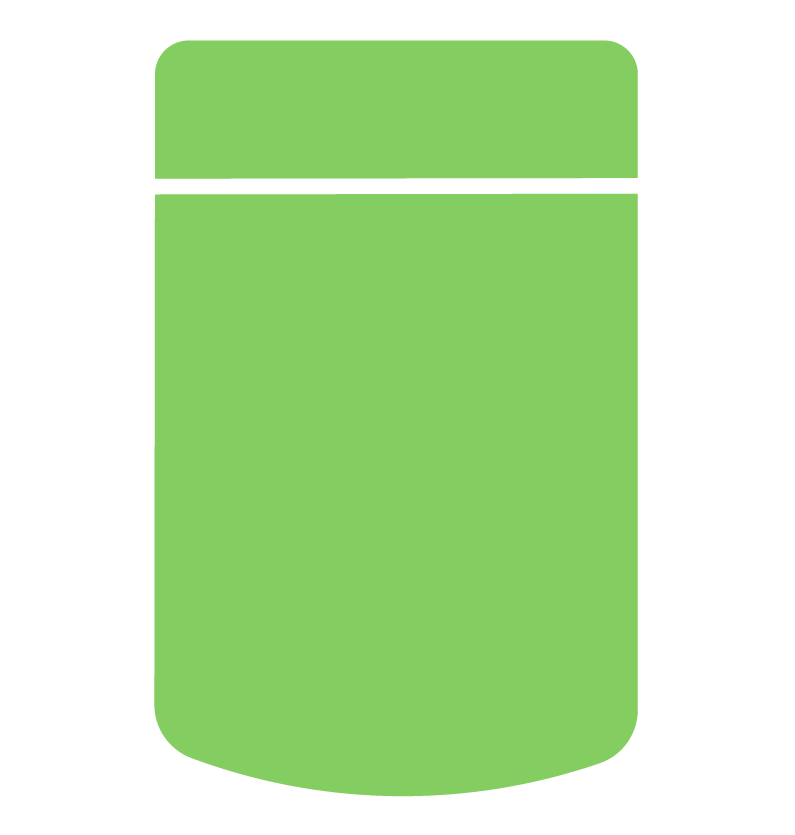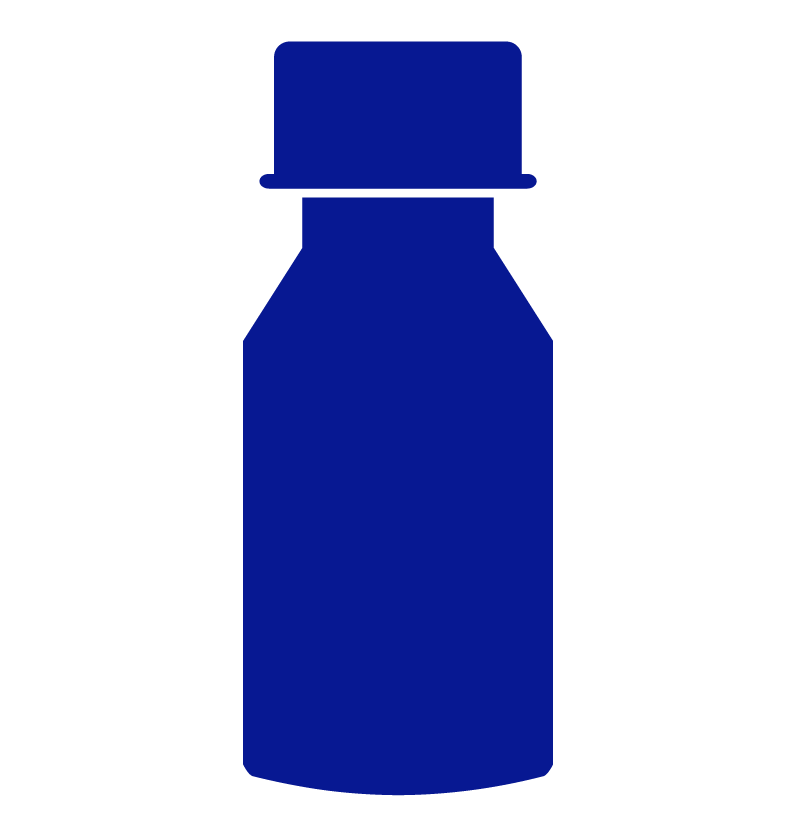| Lot Identification: |
|
| Production Facility: |
|
| Lot Release Date: |
|
| Cold Pasteurized: |
|
Total Bacteria PASS
Total Yeast and Mold PASS
Bile-Tolerant Gram-Negative Bacteria PASS
E. coli PASS
Salmonella PASS
Total Aflatoxins (B1, G1, B2, G2) PASS
Heavy Metals PASS
Moisture Content PASS
Visual Inspection PASS
Full Pesticide Test Report
2,4’-DDD PASS
2,4’-DDE PASS
2,4’-DDT PASS
4,4’-DDD PASS
4,4’-DDE PASS
4,4’-DDT PASS
Alachlor PASS
Aldrin PASS
α-BHC PASS
β-BHC PASS
σ-BHC PASS
Azinphos-Ethyl PASS
Azinphos-Methyl PASS
Bifenazate PASS
Bifenthrin PASS
Bromophos-Ethyl PASS
Bromophos-Methyl PASS
Brompropylate PASS
CIS-Chlordane PASS
Trans-Chlordane PASS
Oxychlordane PASS
Chlorfenvinphos PASS
Chlorpyriphos-Ethyl PASS
Chlorpyriphos-Methyl PASS
Chlorthal-Dimethyl PASS
Cyhalothrin PASS
Cyfluthrin PASS
Cypermethrin And Isomers PASS
Diazinon PASS
Dieldrin PASS
Dimethoate and Omethoate PASS
Dithiocarbamates PASS
Endosulfan I PASS
Endosulfan II PASS
Endosulfan Sulfate PASS
Endrin PASS
Ethion PASS
Etrimphos PASS
Fenchlorophos PASS
Fensulfothion and Metabolites PASS
Fenthion and Metabolites PASS
Fenvalerate PASS
Flucythrinate PASS
Fluopyram PASS
Tau-Fluvalinate PASS
Fonophos PASS
Heptachlor PASS
Heptachlor Epoxide PASS
Imazalil PASS
Malathion and Malaoxon PASS
Mecarbam PASS
Methamidiphos PASS
Methidathion PASS
Methoxychlor PASS
Monocrotophos PASS
Myclobutanil PASS
Parathion-Ethyl and Paraoxon-Ethyl PASS
Pendimethalin PASS
Pentachloranisol PASS
Permethrin and Isomers PASS
Phosalone PASS
Phosmet PASS
Piperonyl Butoxide PASS
Pirimiphos-Ethyl PASS
Pirimiphos-Methyl PASS
Procymidone PASS
Profenophos PASS
Pyraclostrobin PASS
Pyrethrins PASS
Quinalphos PASS
Quintozene PASS
S-421 PASS
Tebuconazole PASS
Tecnazene PASS




